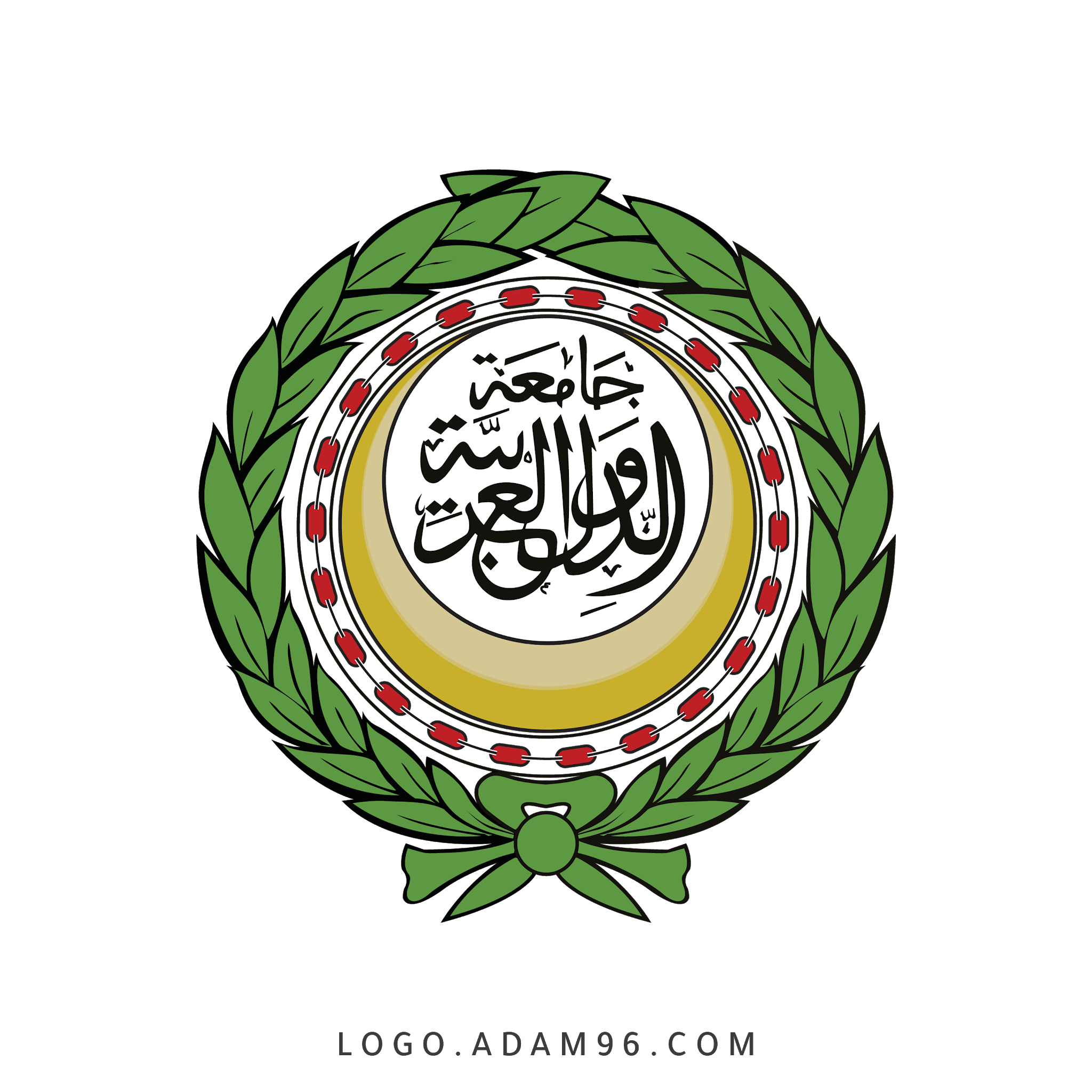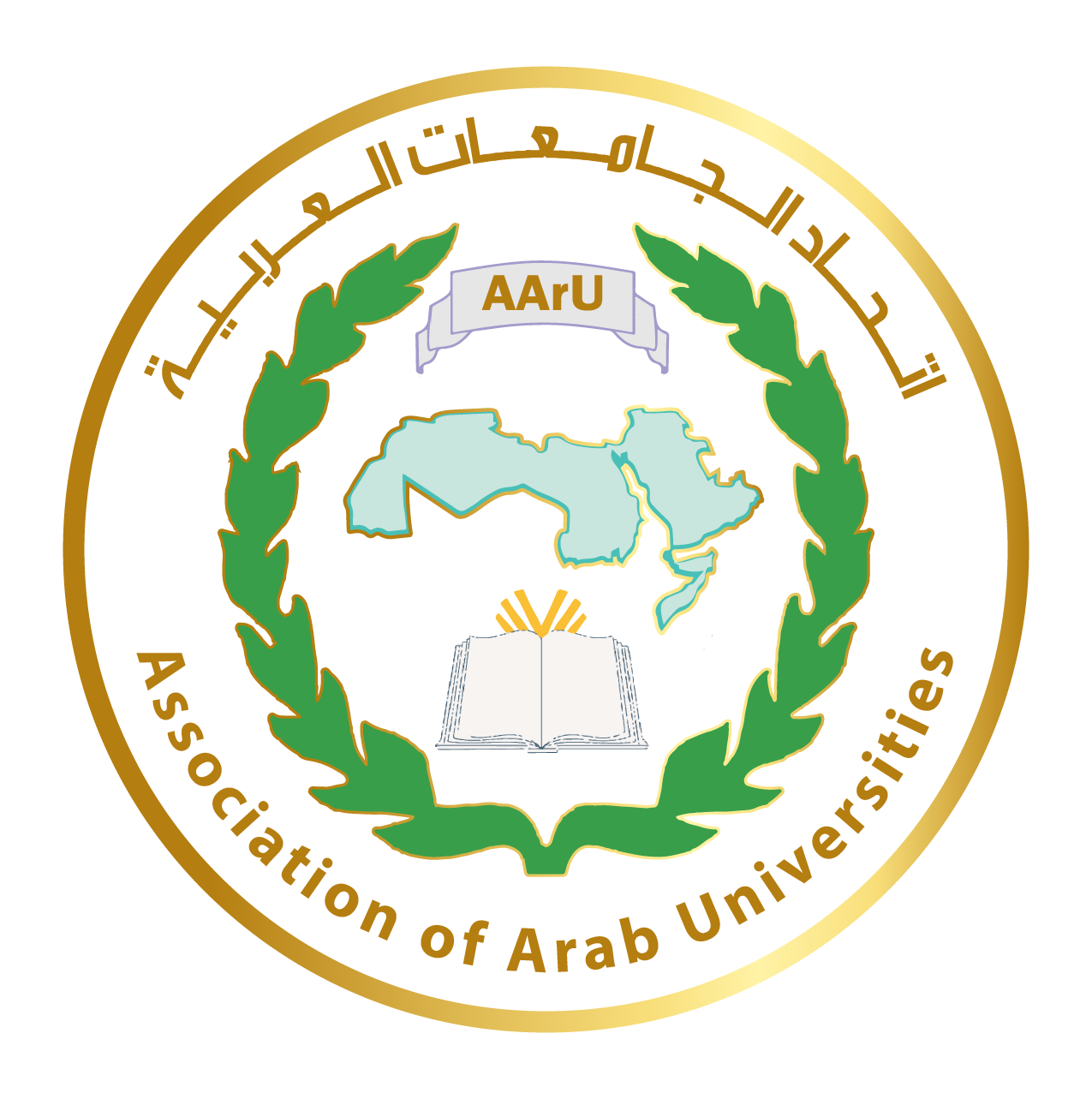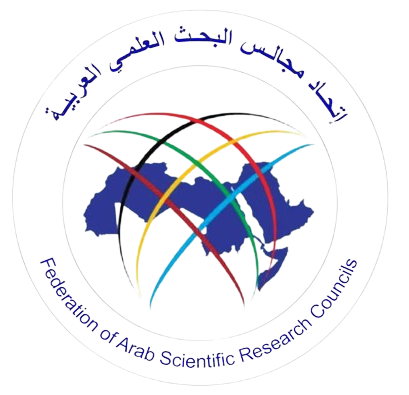Copyright @ Arab Ranking Universities
QUESTIONS AND INQUIRIES
The Arab University Ranking was launched as a joint collaboration between the Association of Arab Universities, the League of Arab States, the Arab League Educational, Cultural and Scientific Organization (ALECSO), and the Federation of Arab Scientific Research Councils. The goal is to improve the outcomes of higher education and scientific research, enabling them to lead Arab development and position Arab universities as third- and fourth-generation universities. The ranking is unique in that it was launched from the Arab world, providing an international ranking with modern standards that keep pace with the requirements of the Arab world, alongside other international university ranking standards.
The Arab University Rankings is characterized by accuracy and objectivity through several indicators and criteria that evaluate the university's comprehensive tasks, including the quality of teaching and learning, the excellence of faculty members (which helps in developing a work program for reform and development), scientific research (especially applied research that achieves sustainable development goals), creativity, entrepreneurship, and innovation (so that the ranking has an economic dimension and aims to encourage scientific research based on creativity, development, and innovation in universities, and to encourage the marketing and dissemination of scientific products and technology management, to achieve a knowledge economy), in addition to the indicator of international and local cooperation and community service.
The Arab University Rankings was designed using a methodology based on four main criterion aligned with the vision and needs of Arab countries. Each criterion is measured through nine specific indicators. These include: teaching and learning, focusing on the quality of education; scientific research, evaluating the quantity and quality of research output; creativity, entrepreneurship, and innovation, adding an economic dimension by encouraging innovation-based research in universities; and the promotion of marketing, dissemination of scientific outputs, and technology management to support the development of a knowledge-based economy.
The classification includes Arab educational and research universities, i.e. those that grant bachelor's degrees as the first university degree, and postgraduate degrees (master's and doctorate). Universities must also have published research in internationally indexed journals and thus be listed on the global Scopus platform .
The classification was distinguished by covering many of the following indicators and measurements:
- Quality assessment of "education": the ratio of faculty members to students, the global excellence of faculty members (having a Hirsch coefficient of at least 20 - obtaining accredited and documented training certificates related to academic and research development ), training students in companies, institutions, and centers of excellence at universities, emphasis on distance education, and the use of experts seconded from outside the university to teach, encouraging the publication of scientific research in globally indexed journals with the participation of undergraduate students and including their names in the list of researchers, and obtaining international awards such as the Nobel Prize, Field Medals , and the King Faisal International Prize.
- Evaluation of the quality of " scientific research ": measuring the number of research papers published in the top list of globally indexed journals and the Arab Impact Factor, the average number of citations per research paper for the university and researchers, the percentage of joint research with international universities and beneficiary entities, and the average relative weight of citations in all university specializations.
- University " Creativity , Entrepreneurship, and Innovation" Evaluation : Measuring the number and quality of research related to industry, innovation, and infrastructure; the number of research projects related to development and innovation in partnership with beneficiaries; the number of educational activities in the field of creativity, entrepreneurship, innovation, and technology transfer; contracts concluded between technology and business incubators and between industry and research institutions; the total number of international patent citations based on the university's research outputs ; and the presence of start-ups and companies emerging from technology and business incubators.
- Evaluation of “International and Local Cooperation and Community Service”: the number of visiting faculty members and students from other countries, activities organized by the university in the areas of community service, the number of joint and dual degrees with internationally ranked universities, the number of locally or internationally accredited programs, the number of faculty members and students benefiting from academic exchange programs, and the application of some of the principles of the UNESCO Open Science Report by making educational resources and open educational activities available to those not studying at the university, and the use of the university’s research equipment and facilities by the industrial community and beneficiaries.
It is already planned to open registration for the World University Rankings once the classification's goal is achieved and most Arab universities are included.
We hope that a unified Arab quality authority will be established soon, with standards that are appropriate for Arab society and that are also global.





